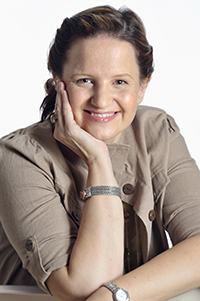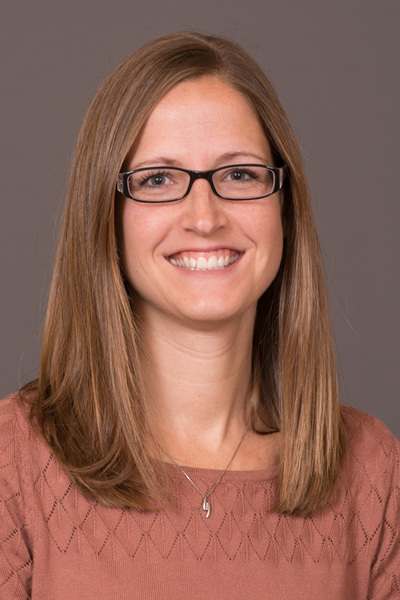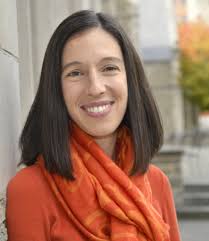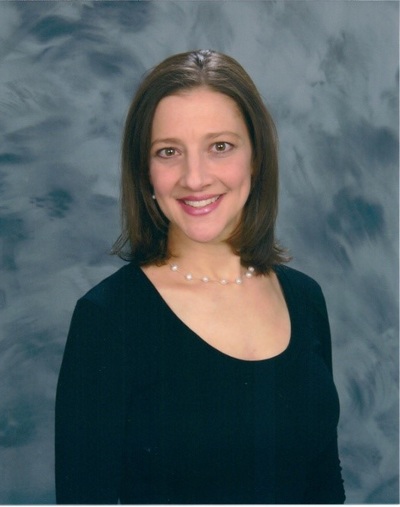Johanna K. P. Greeson, Lindsey M. Weiler, Allison E. Thompson, Heather N. Taussig
A FIRST LOOK AT NATURAL MENTORING AMONG PREADOLESCENT FOSTER CHILDREN
|
Abstract
This study describes natural mentoring among preadolescent children placed in out-of-home care and examines the association between natural mentoring and demographic, maltreatment, placement, and psychosocial characteristics. Cross-sectional data from a sample of 263 children and their out-of-home caregivers were analyzed. Caregivers rated children’s social skills, and children reported on their perceived opportunities and attachment to peers and adults, including natural mentors. About half the sample endorsed having natural mentors, with school personnel being the most common type of mentor. Children with natural mentors were older, more likely to be living in congregate care, and had stronger attachment to friends. Marginally significant findings suggested that children with natural mentors had been in out-of-home care for fewer months, and children who were sexually abused were less likely to have natural mentors with whom they had current contact. Future research is needed that examines the longitudinal course of natural mentoring among this population. |
Biographies:
Dr. Johanna K.P. Greeson is passionate about reforming the child welfare system, using research to build better futures for youth who age out of foster care, and realizing the power of connections to caring adults for all vulnerable youth. Her research agenda is resiliency-focused and based in the strengths and virtues that enable foster youth to not only survive, but thrive. Dr. Greeson’s published work includes scholarly articles on youth aging out of foster care, independent living, natural mentoring, evidence-based practices for youth in foster care, residential group care, intensive in-home therapy, low-income home-ownership, and child/adolescent traumatic stress. Dr. Greeson is currently piloting an innovative natural mentoring intervention for older youth in foster care in partnership with Philadelphia Department of Human Services. This project was funded by the Children's Bureau. Lindsey Weiler is an Assistant Professor in Family Social Science with the College of Education and Human Development. Lindsey’s areas of interest include prevention science, youth mentoring, adolescent health-risk behavior and human development within the family. Her research is broadly focused on developing, testing and optimizing theoretically-grounded preventive interventions for high-risk families. She’s had numerous publications on the subject of youth mentoring. Lindsey received the 2013 Outstanding Engagement Award from Colorado State University and is a member of the National Mentoring Resource Center Research Board, funded by the Office of Juvenile Justice and Delinquency Prevention. Allison Thompson received her Master of Social Services from Bryn Mawr College. Allison attended Cairn University in Langhorne, PA as an undergraduate, earning a Bachelor’s degree in Social Work. Prior to joining SP2’s Ph.D. program in Social Welfare, Allison worked as a research writer in the Philadelphia Department of Human Services. Her research interests include the transition to adulthood among youth aging out of foster care, natural mentoring for older youth in foster care, relational permanence, positive youth development theory, and resiliency, risk, and protective factors. Dr. Heather Taussig is an Associate Professor of Pediatrics and Psychiatry at the University of Colorado School of Medicine. She is also the Associate Director of Clinical Research at the Kempe Center, where she has directed the Fostering Healthy Futures Program (FHF) since 2000. Dr. Taussig’s primary clinical and research interests focus on developing positive youth development programming, especially mentoring, to improve outcomes for children who have experienced maltreatment and foster care placement. She has conducted two NIH-funded randomized controlled trials of FHF and future plans include extending its reach through community-based implementation of FHF as well as the development of a mentoring program for teenagers. Dr. Taussig has also conducted longitudinal research on risk and protective factors, child welfare outcomes, and policy issues related to child maltreatment and foster care. Dr. Taussig serves as the PhD Faculty Representative for the Department of Pediatrics and sits on the Biobehavioral and Behavioral Sciences Study Section at the National Institute of Child Health and Human Development. |
| greeson_2016_jcop__1_.pdf | |
| File Size: | 150 kb |
| File Type: | |



